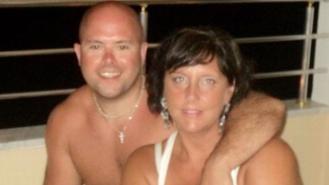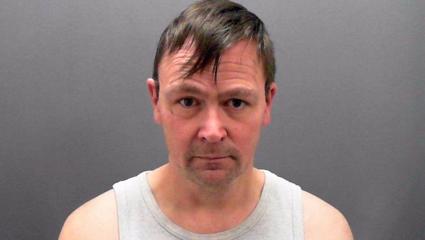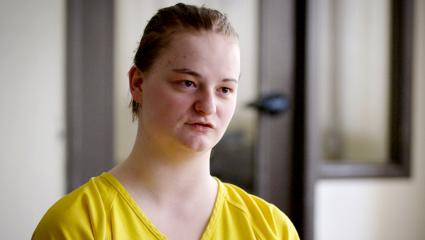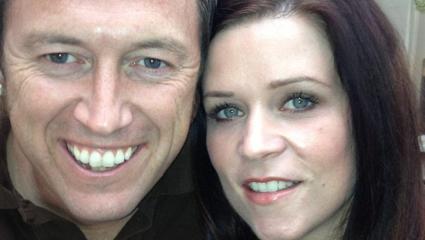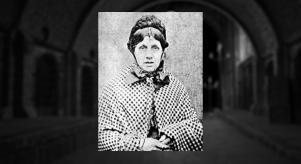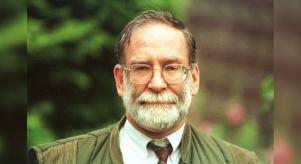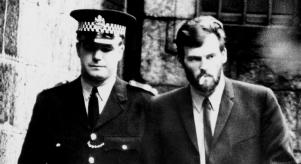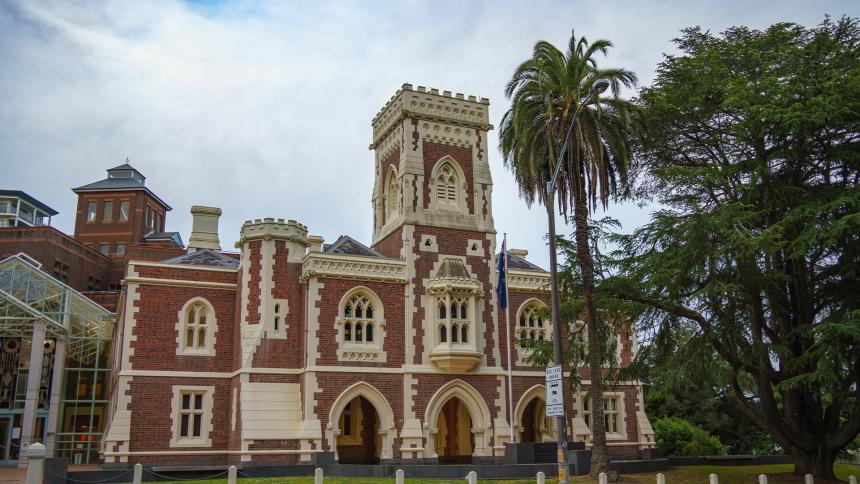
Philip Polkinghorne: The trial that gripped New Zealand
According to the latest United Nations (UN) figures, around 60% of female homicides are committed by intimate partners or other family members. This staggering statistic highlights an unsettling reality: We can't always trust the people we love the most.
Whether Pauline Hanna became part of these statistics is up for debate. Although her husband, Philip Polkinghorne, was acquitted of all charges in a sensational eight-week-long murder trial, many still believe he had something to do with her death.
This case continues to fascinate the team at Crime+Investigation. Keep reading as we examine the murder, the trial and its aftermath.
The death of Pauline Hanna
On 5th April 2021, at around 8am, police in Auckland, New Zealand, received a 111 call from Philip Polkinghorne — a celebrated ophthalmologist. He said he had found his wife, Pauline Hanna, dead. It appeared as if she had committed suicide, with two pieces of rope hanging from the balustrade and the staircase.
When officers arrived, they asked Polkinghorne to explain what had happened. He said he had last seen his wife around 10pm the night before. In the morning, she wasn't there. This wasn't especially unusual, so he went downstairs to prepare breakfast, which is when he discovered her body and rang emergency services.
Growing suspicions
However, on closer inspection, the crime scene looked suspicious. When officers conducted a tension check on the rope, they determined it was unlikely the thin nylon cord could have handled the weight of a body. Additionally, the rope hadn’t been pulled taut. Instead, it hung loosely around the base of the handrail.
Over nine days, the New Zealand police conducted further interviews and forensic investigations. While Polkinghorne stuck to his story, the evidence at the house was more forthcoming.
Hanna's bedroom was in disarray, with a bloodstain on the bed. A belt was discovered in the kitchen, which corresponded to the marks around her neck. Officers also found 37.7 grams of methamphetamine and various drug paraphernalia throughout the property.
During this time, a post-mortem examination observed several injuries on Hanna's body, including abrasions on her nose and back and fresh bruises on her arm. The official cause of death was noted as strangulation, but it wasn't clear whether this was murder or self-inflicted.
Scepticism growing about the suicide theory, police eventually charged Polkinghorne with Hanna's murder in August 2022.
The murder trial that gripped New Zealand
The trial began on 29th July 2024 and was scheduled to last eight weeks. Immediately, the case attracted an unprecedented amount of media coverage thanks to the high-profile defendant and the scandalous details of his double life.
When questioned about the media frenzy, James Hollings, an associate professor of journalism at Massey University, told reporters: 'It ticks all the boxes of what makes a trial interesting, which is a high profile person, a mysterious death.'
However, at the heart of this case was Pauline Hanna — a woman whose life was tragically cut short in the most horrific circumstances.
Key moments from the trial
The defence and prosecution put forward passionate cases in a furious game of cat and mouse. Was the accused guilty or innocent?
Polkinghorne's lawyers honed in on Hanna's history of depression and previous suicide attempts, corroborated by her sister. According to Polkinghorne, she had been consuming alcohol and anti-depressants to cope with the pressures of her job (at the time of her death, she led Auckland's COVID-19 supply chain).
More importantly, there was no concrete evidence of murder by strangulation, but pathologists noted injuries consistent with death by hanging. These included a protruding tongue and no obvious signs of neck trauma besides a single horizontal ligature mark.
The prosecution argued Polkinghorne staged the suicide because his wife was an inconvenience. They revealed his countless extramarital affairs, drug dependence and controlling nature, confirmed by close friends, family and colleagues.
Throughout their marriage, Polkinghorne had spent tens of thousands of dollars on escort agencies and sex workers. Hanna knew but defended her husband, internalising much of the blame.
The browsing histories of both parties also shed light on their mental states. Polkinghorne searched 'leg oedema after strangulation' just one day after Hanna's death and went on a spree of deleting WhatsApp messages and phone logs.
Hanna researched 'anorgasnia' and 'asphyxia' on her iPhone 8 in 2019, strengthening the defences argument of poor mental health.
The verdict
After a whirlwind of testimonies, the jurors were conflicted. However, they couldn’t be sure that Hanna was murdered by her husband beyond reasonable doubt. There simply wasn't enough evidence to pursue a conviction. Instead, he received 150 hours of community service for his possession of methamphetamine.
Love true crime? Sign-up to Crime+Investigation newsletter today. We’ll send exclusive content straight to your inbox, completely for free!
